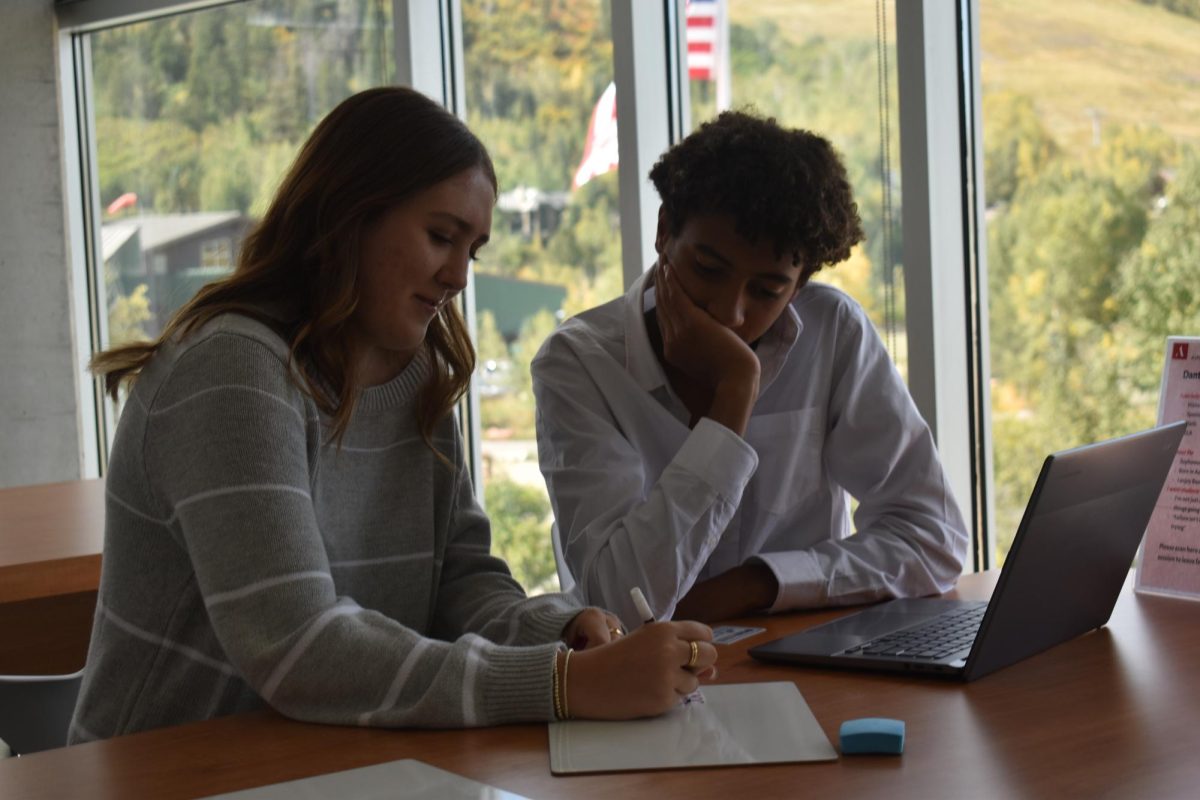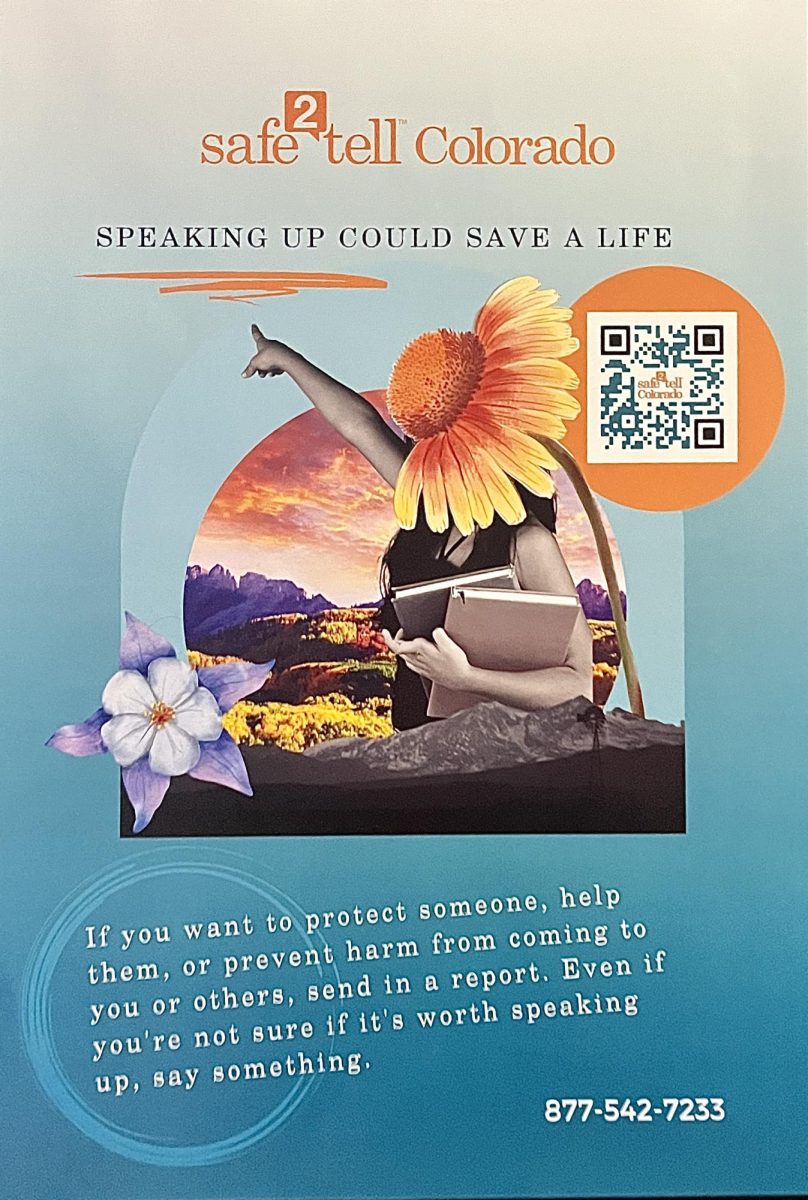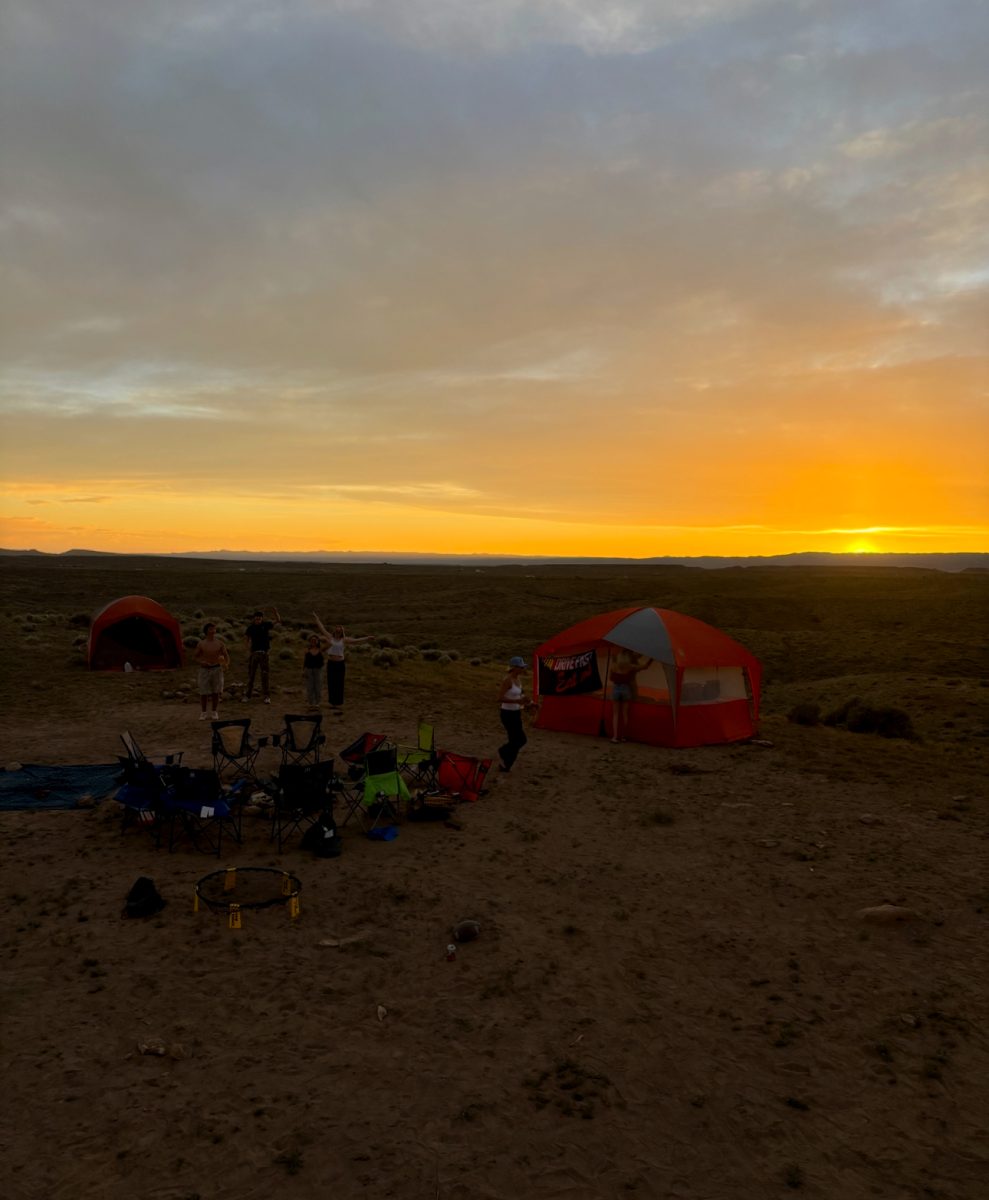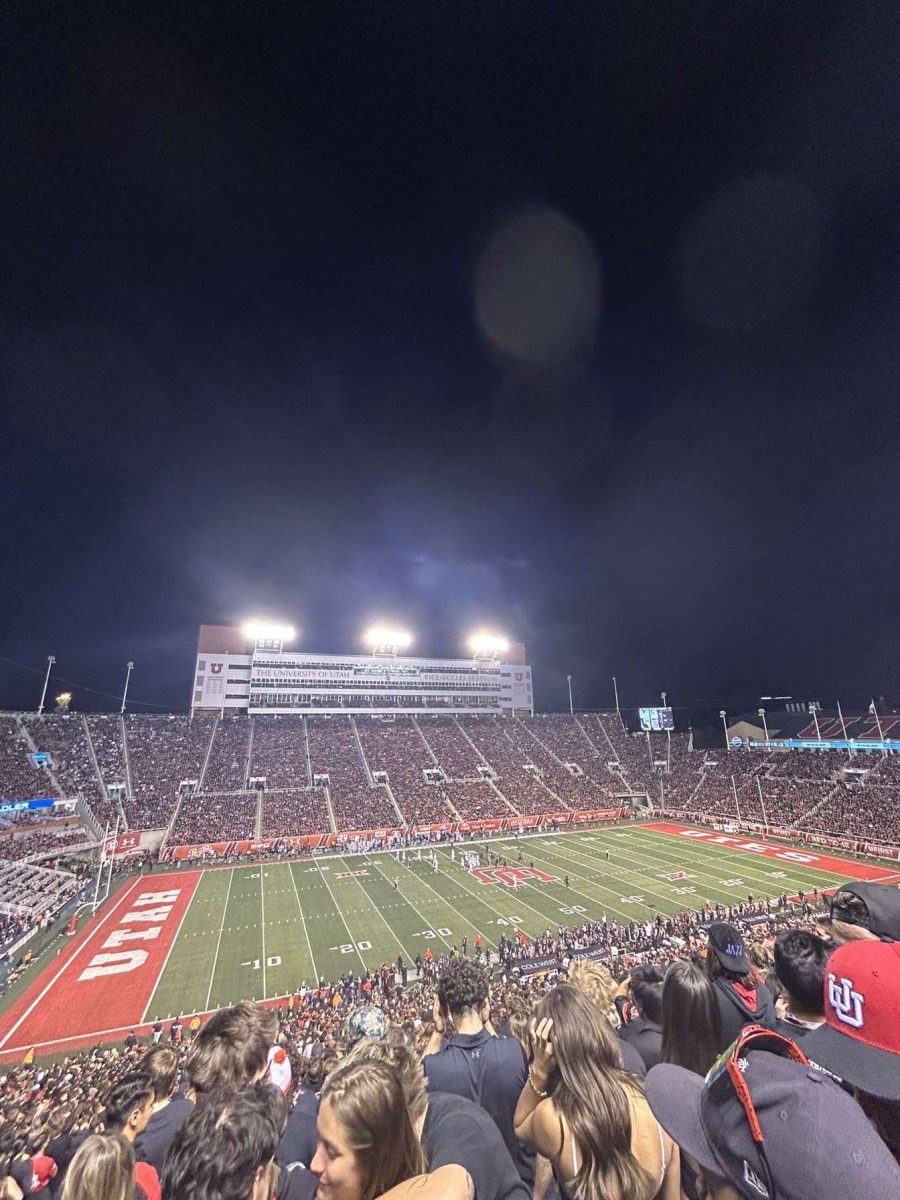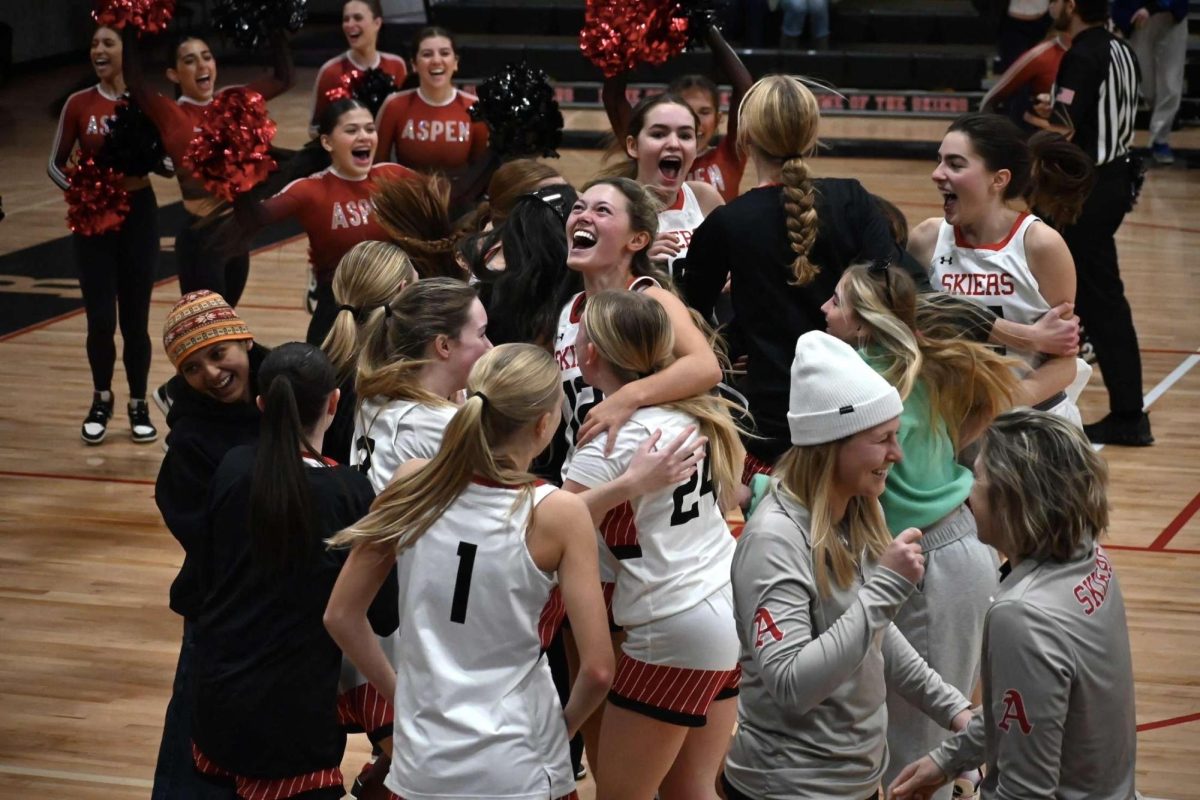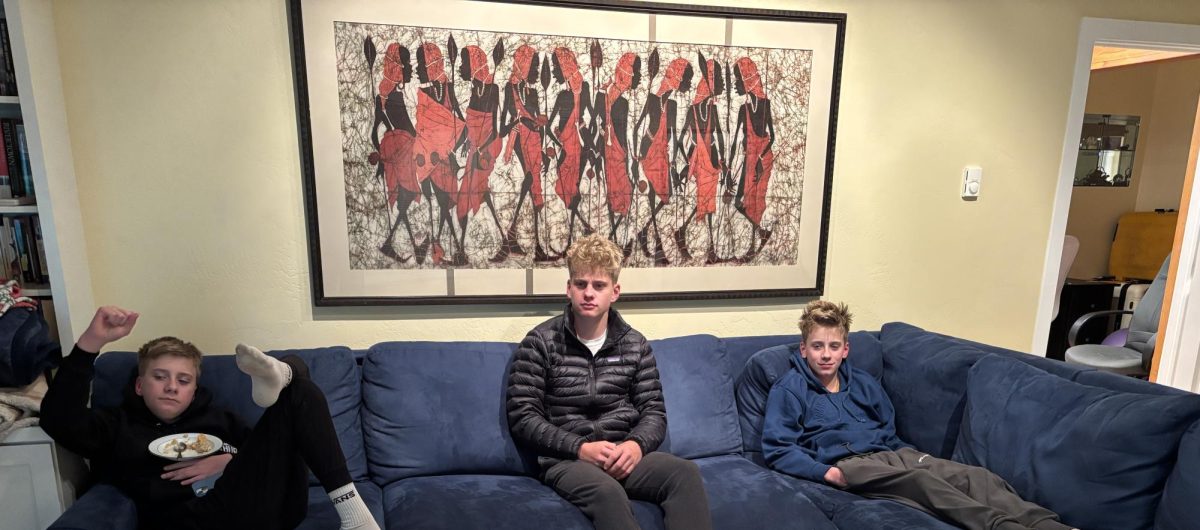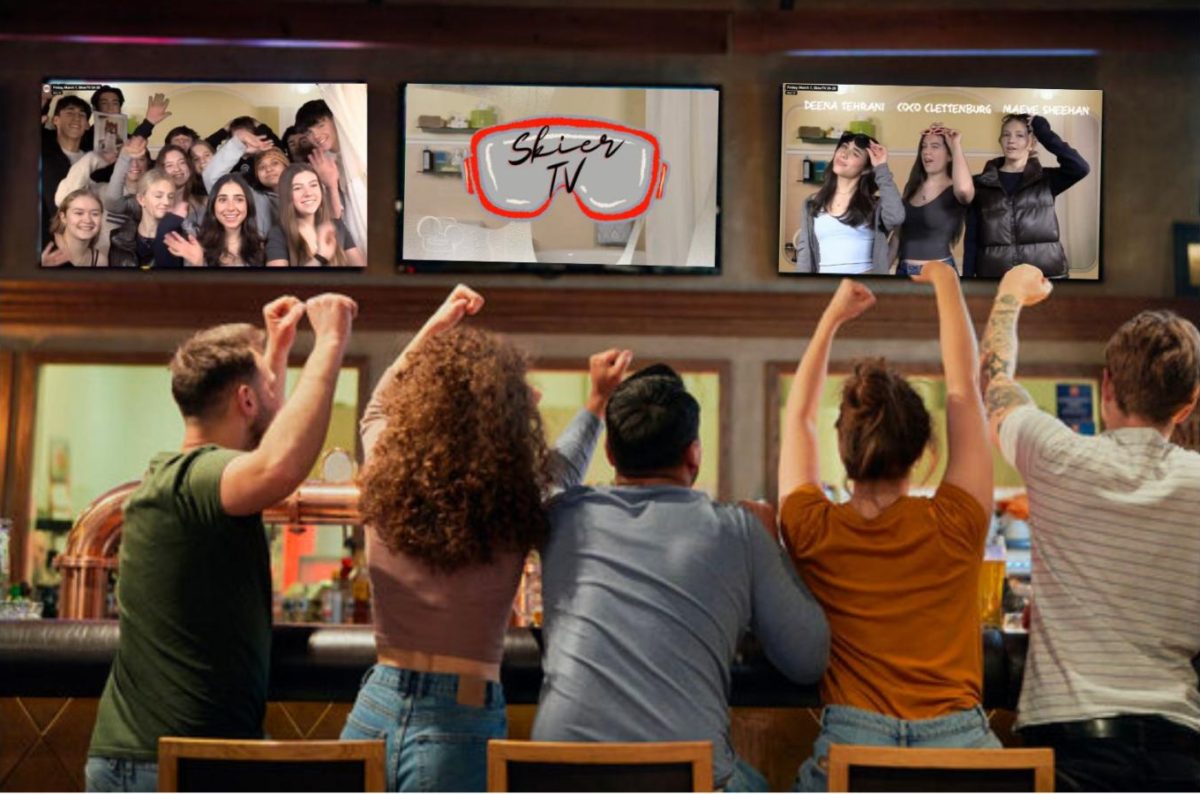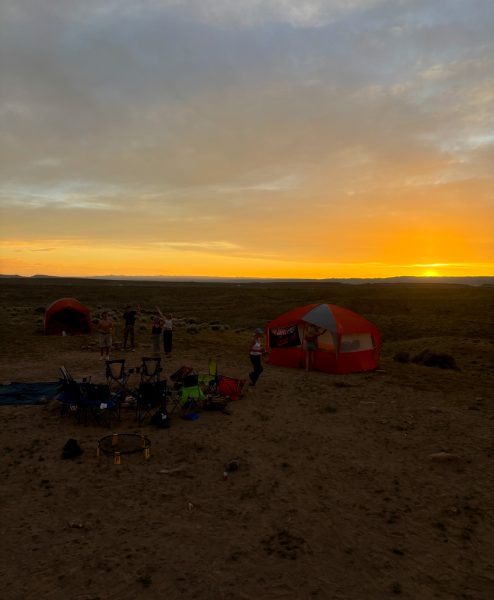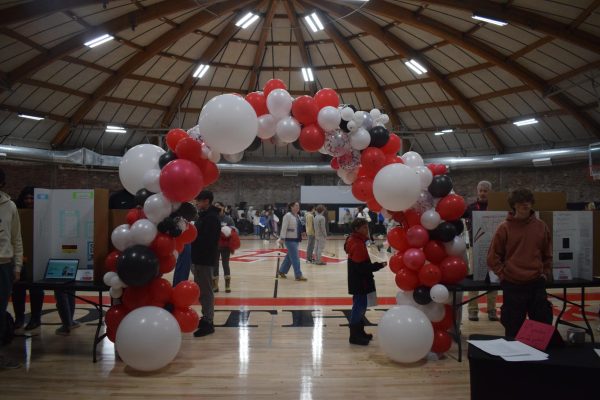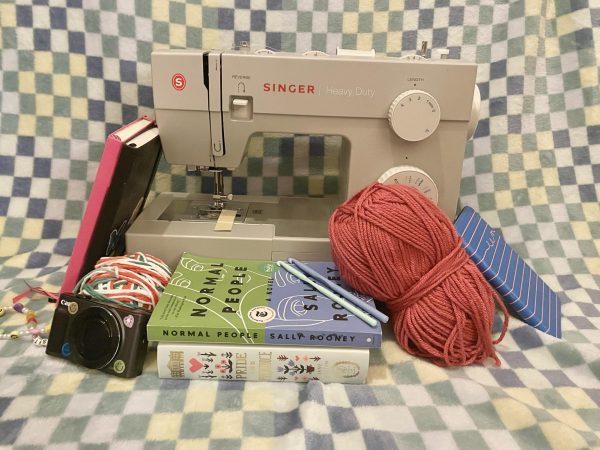Why We Need To Redefine Hazing
On February 3rd a 19 year old student woke up in the hospital with a lacerated spleen, traumatic brain injury, and an abdomen full of blood. After suffering extreme alcohol fueled injuries, he had been left in the basement of a fraternity house for 12 hours before any of his “brothers” called 911.
We have all seen the horrifying effects of hazing in greek life but what role does hazing play in high school? In the past few years, AHS has seen traditions like color day, where each grade is encouraged to dress in a different color, and the football seniors shaving the freshman’s heads before homecoming go due to concerns of hazing. As a result, most senior privileges, such as the boat, which seniors congregate around and sit on, have been called into question and seen as hierarchical.
Hazing is defined as “an abusive, often humiliating form of initiation into or affiliation with a group, including: Any willful action taken or situation created which recklessly or intentionally endangers the mental or physical health of another.”
While hazing can be seriously harmful to a person’s physical or mental wellbeing, we need to reevaluate how we define hazing and examine the implications of sheltering ourselves from all tasks deemed strenuous. Activities like color day are an exercise in bonding between the grades and although underclassmen are usually assigned colors that are harder to dress in (I.E. yellow or purple), it is completely optional and not meant to harm anyone. The boat is a privilege that the seniors usually guard and refuse to let underclassmen on, yet it is a privilege that many kids look forward to getting their senior year.
In the real world, there won’t be someone there to ensure we are all being treated equally, and yet we are sending students to college and into the real world who have never had to fend for themselves. In order to lessen the shock of the real world, the school should work to create guidelines that strike a balance between ensuring safety and still allowing fun traditions to continue such as suggesting that all traditions be both inclusive and optional.
We need to stop immediately deeming any upperclassmen privilege as hazing and instead examine each one individually to identify the possible consequences. If we don’t start taking a step back, we will continue to perpetuate the stereotype of being the “snowflake generation”.

Jordan is a senior at AHS, and the Editor-In-Chief for the Skier Scribbler. This is her third year as a part of the paper and she plans on writing in college....

